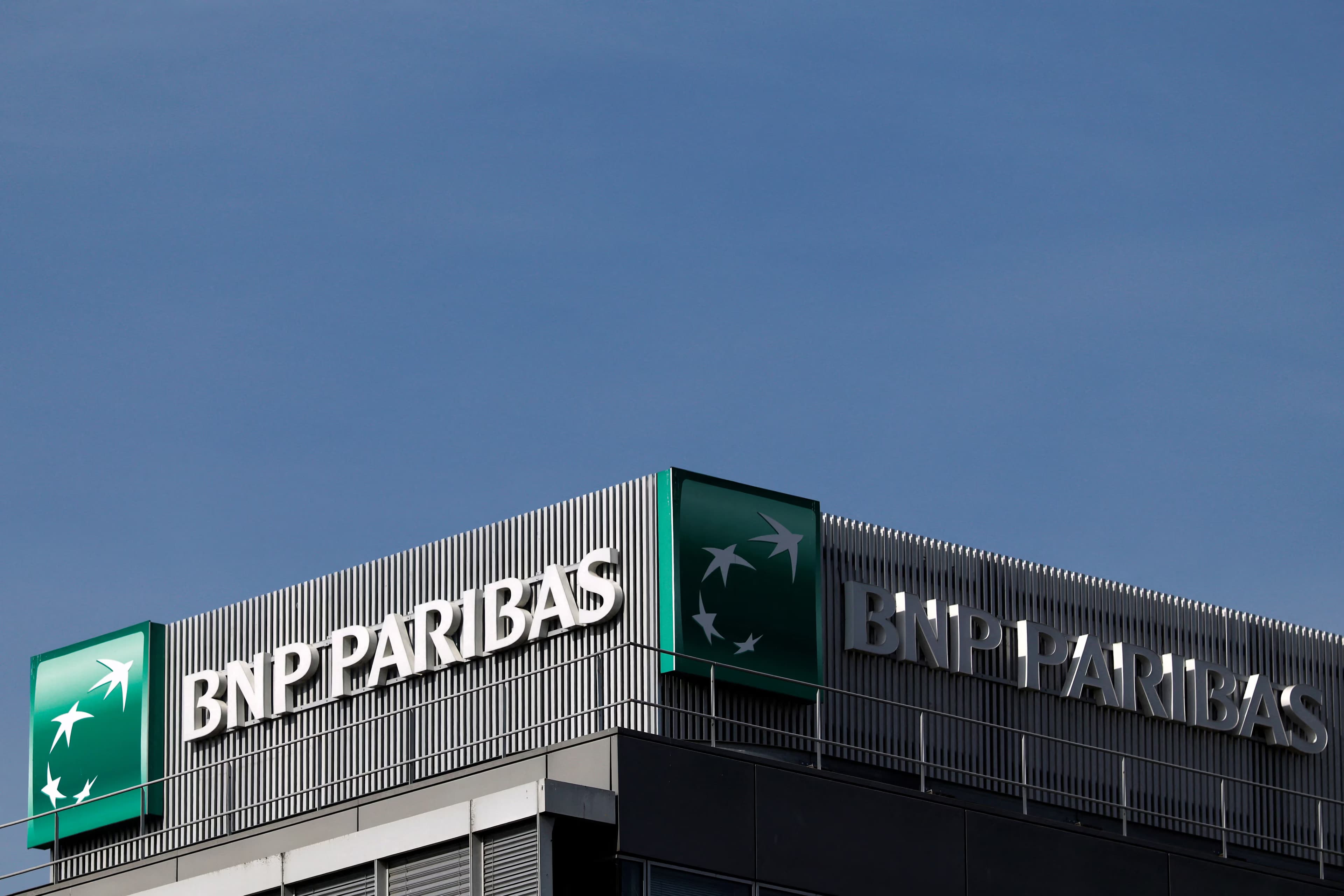We're loading the full news article for you. This includes the article content, images, author information, and related articles.
A landmark US jury verdict against BNP Paribas highlights the critical role financial institutions play in upholding international sanctions and preventing atrocities, with implications for global compliance and victim reparations.

A United States jury in Manhattan on Friday, October 17, 2025, delivered a historic verdict against French bank BNP Paribas, finding it liable for aiding the Sudanese government in committing genocide. The jury determined that the bank provided banking services that violated American sanctions, thereby contributing to human rights abuses under the regime of former President Omar al-Bashir.
The federal jury ordered BNP Paribas to pay a combined $20.5 million (approximately KSh 2.6 billion) to three Sudanese plaintiffs who provided testimonies of the atrocities they endured. Lawyers representing the plaintiffs, now residing in the US, indicated that this verdict could pave the way for over 20,000 other refugees in the United States to seek billions of dollars in damages from the French financial institution.
The US government officially recognized the conflict in Sudan's Darfur region as genocide in 2004. This recognition led to the imposition of economic sanctions aimed at crippling the Sudanese regime's ability to finance its military operations. Despite these measures, BNP Paribas acted as a de facto central bank for Sudan between 1997 and 2007, systematically undermining the US embargo.
In 2014, BNP Paribas pleaded guilty to charges of transferring billions of dollars for Sudanese, Iranian, and Cuban entities, all subject to economic sanctions. The bank agreed to pay an $8.97 billion (approximately KSh 1.2 trillion) penalty to settle these US charges. Investigations revealed that senior management at BNP Paribas were aware of, and in some instances explicitly approved, these prohibited transactions, employing techniques like removing identifiable information from wire transfers and falsifying records to conceal the involvement of sanctioned entities.
The lawsuit, a proposed class action, was initiated by US residents who had fled non-Arab indigenous Black African communities in regions such as South Sudan, Darfur, and the Nuba Mountains in central Sudan. The trial focused on whether BNP Paribas's financial services were a "natural and adequate cause" of the harm suffered by survivors of ethnic cleansing and mass violence. US District Judge Alvin Hellerstein, who presided over the five-week jury trial, had previously denied BNP Paribas's request to dismiss the case, citing facts that demonstrated a relationship between the bank's services and the abuses perpetrated by the Sudanese government.
The United Nations Security Council has consistently renewed sanctions against Sudan, with the latest Resolution 2791 (2025) extending the 1591 Sudan sanctions regime, including targeted sanctions and an arms embargo, for another year until September 12, 2026. These sanctions aim to prevent the flow of arms and hold those responsible for violence and instability in Sudan accountable.
The three Sudanese plaintiffs who received the initial award provided compelling testimonies of human rights abuses. Their legal team believes this verdict sets a precedent for thousands of other victims. Human rights groups, including Project Expedite Justice (PEJ), the International Federation for Human Rights (FIDH), and the French Human Rights League (LDH), have been instrumental in pursuing legal action against BNP Paribas, arguing that secondary actors who profit from mass atrocities should be held responsible.
This verdict underscores the global push for financial institutions to adhere strictly to international sanctions. For Kenya, a regional economic hub and financial centre, this case highlights the importance of robust compliance frameworks to prevent illicit financial flows. While Kenya implements UN sanctions, it does not maintain an autonomous sanctions list or have a specific regulator solely responsible for enforcing UN sanctions. Breaches of UN sanctions in Kenya are addressed through applications to the High Court.
Sanctions, while intended to exert pressure without military force, can have unintended negative impacts on humanitarian aid delivery, leading to resource scarcity, financial restrictions, and bureaucratic hurdles. This case serves as a reminder for Kenyan financial institutions to strengthen their due diligence to avoid complicity in international crimes, even indirectly, and to ensure that humanitarian efforts are not inadvertently hampered by stringent compliance measures.
BNP Paribas has stated its intention to appeal the verdict, arguing that the result is "clearly wrong" and based on a "distortion of controlling Swiss law." The bank maintains that the verdict is specific to the three individual plaintiffs and should not have broader application. The extent to which this verdict will influence other ongoing or future legal actions against financial institutions for sanctions violations remains to be seen.
The appeal process by BNP Paribas will be a key development to watch, as its outcome could further shape the legal landscape for corporate accountability in international crimes. Additionally, the progress of the potential class action lawsuit involving over 20,000 Sudanese refugees seeking damages will be closely monitored. The international community, including Kenya, will be observing how this verdict influences the enforcement of sanctions and the development of more stringent compliance mechanisms within the global financial sector.
Keep the conversation in one place—threads here stay linked to the story and in the forums.
Sign in to start a discussion
Start a conversation about this story and keep it linked here.
Other hot threads
E-sports and Gaming Community in Kenya
Active 9 months ago
The Role of Technology in Modern Agriculture (AgriTech)
Active 9 months ago
Popular Recreational Activities Across Counties
Active 9 months ago
Investing in Youth Sports Development Programs
Active 9 months ago